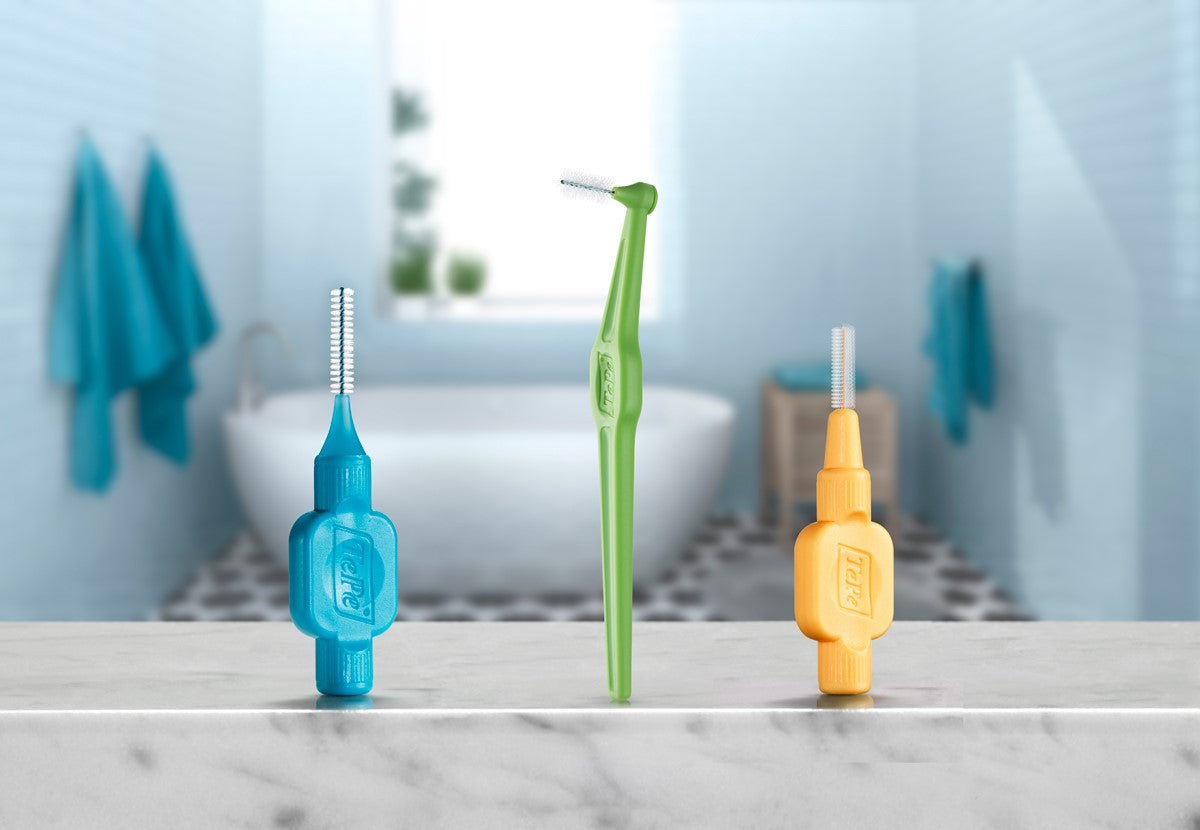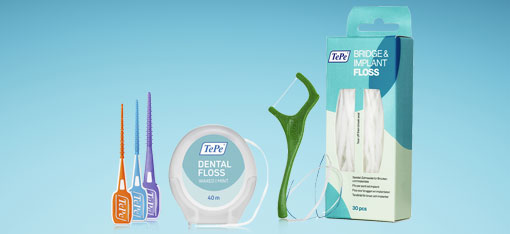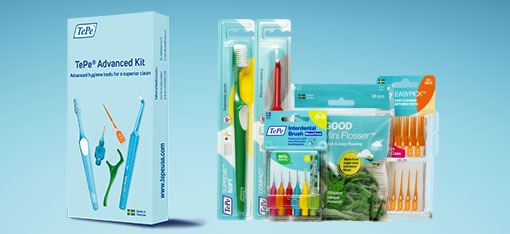Are you a candidate for dental implants?
Dental implants have revolutionized the way we restore missing teeth. With their natural look, feel, and function, they’ve become the gold standard in tooth replacement.
But not everyone is an ideal candidate for this procedure. So, how do you know if dental implants are right for you?

What Are Dental Implants?
Dental implants are small titanium or zirconia posts surgically placed into the jawbone to act as artificial tooth roots. Once healed, they support crowns, bridges, or dentures, offering a permanent and stable solution for missing teeth.
5 Factors that Make a Good Dental Implant Candidate
- Good Oral Health: Healthy gums and a clean mouth are essential. A prior history of periodontal disease and not attending your dental check-ups increases your potential for inflammation and bone loss around the implant. Gum disease or untreated decay can compromise the success of an implant.
- Sufficient Bone Density: Implants need a strong foundation. If your jawbone has deteriorated due to tooth loss or other conditions, you may need a bone graft before implant placement. This is when bone from another source is placed on the existing bone. After healing, the dental professional can re-evaluate to see if you are a potential candidate for dental implants.
- Non-Smoker (or Willing to Quit): Smoking can interfere with healing and increase the risk of implant failure.
- Overall Good Health: Chronic conditions like uncontrolled diabetes or autoimmune disorders can affect healing. A thorough medical evaluation is part of the process.
- Commitment to Oral Hygiene: Implants require the same care as natural teeth—brushing, cleaning between the teeth, and regular dental visits are a must. A proper understanding of maintaining implants must be emphasized prior to placement.
Who Might Need Additional Evaluation?
- Patients with bruxism (teeth grinding): This can put stress on implants and may require a night guard.
- Those undergoing radiation therapy: Especially in the head or neck area, this can affect bone healing.
What if you’re told you’re not a good candidate for dental implants?
Don’t worry—there are still options! Many patients who aren’t initially eligible for implants can become candidates with the right preparatory treatments, such as:
- Bone grafting
- Sinus lifts
- Gum disease treatment
- Lifestyle changes (like quitting smoking)
A thorough consultation with your dental professional is the best way to determine if you’re a candidate. Your dentist or oral surgeon will guide you through a personalized plan.











Leave a comment